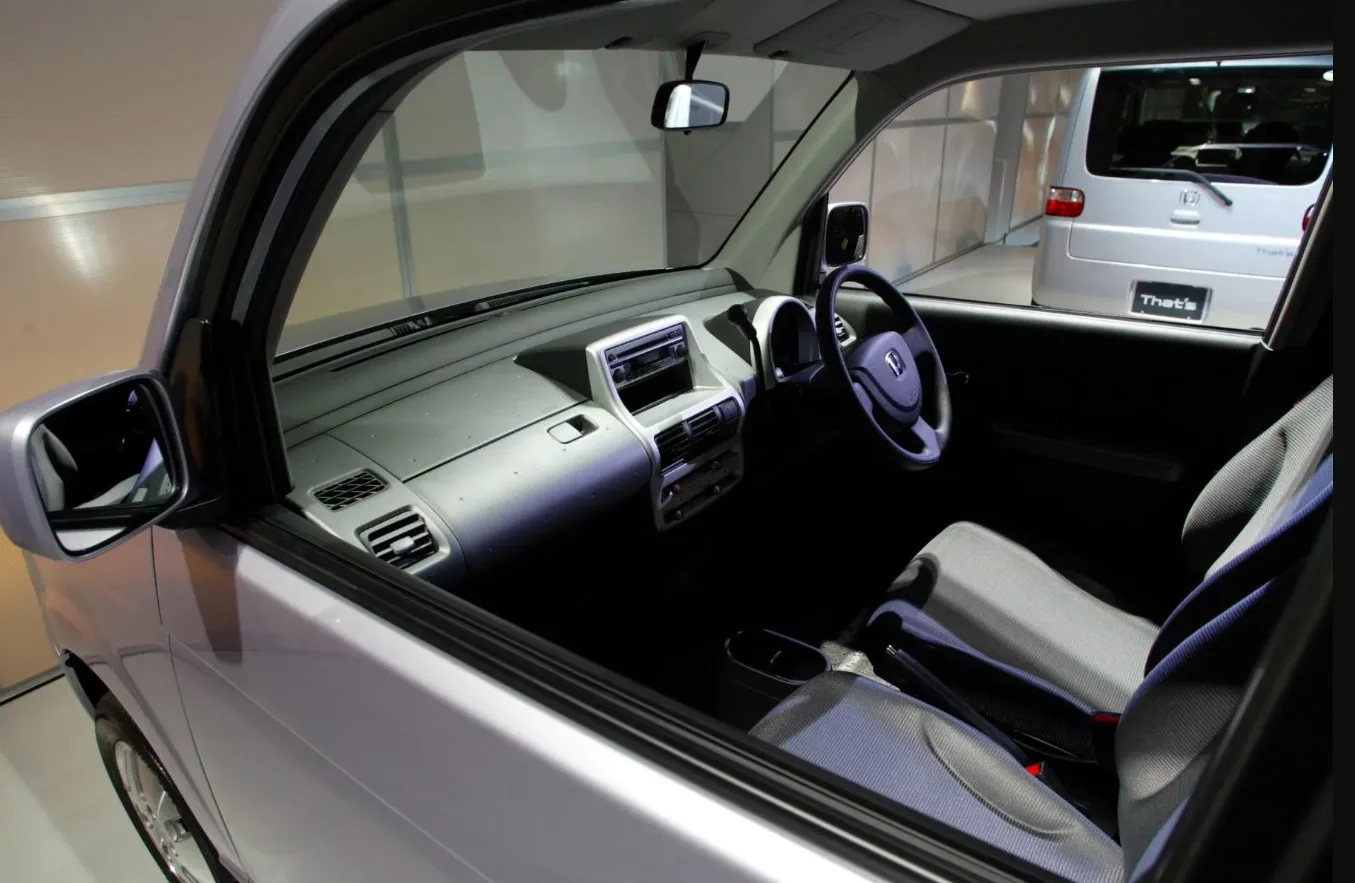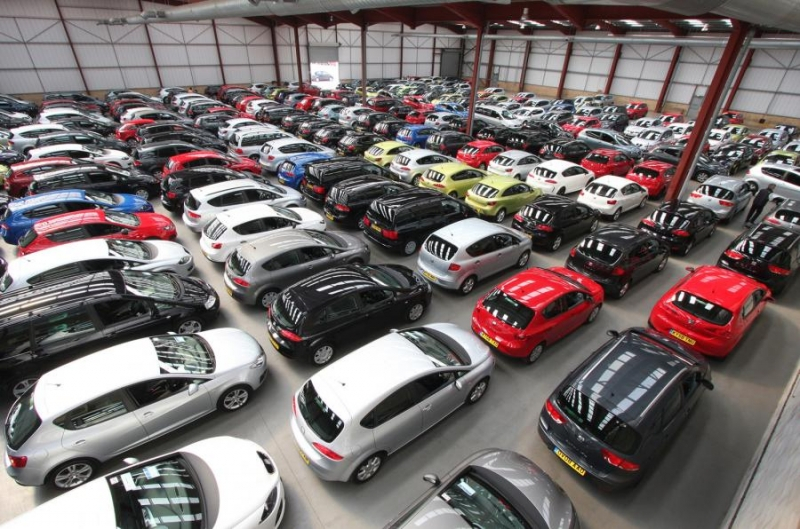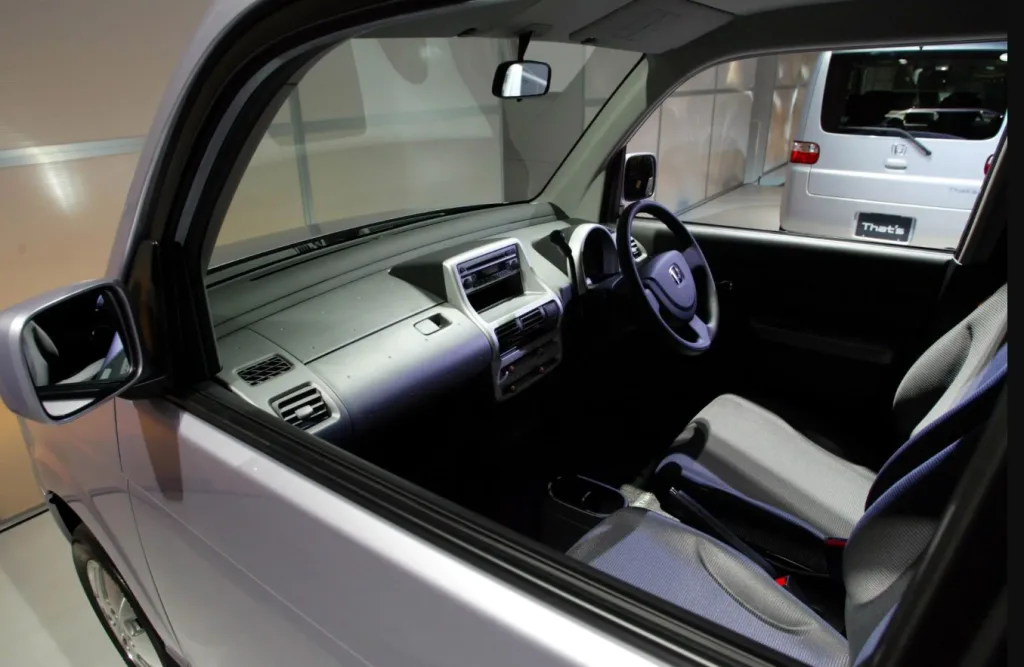If you’re in the market for a used car in Nigeria, you might have considered the option of purchasing one from the United Kingdom. Actually, the UK is a popular source for foreign used cars. However, it’s essential to weigh the risks and benefits involved before making such a significant investment.
In this article, I’ll unearth the factors you should consider when buying used cars from the UK in Nigeria.

Why Consider Buying Used Cars from the UK?
Before we explore the potential risks and benefits, let’s understand why Nigerian buyers are drawn to used cars from the UK.
a. Quality and Standards
The United Kingdom has stringent regulations and safety standards for vehicles. To mention a few, all vehicles over three years old must undergo an annual MOT (Ministry of Transport) test to assess their roadworthiness.
This test checks various aspects of the vehicle, including brakes, lights, tires, and emissions, to ensure it meets safety and environmental standards.
Also, vehicles and vehicle components must undergo type approval, which involves testing and certification to meet safety, environmental, and technical standards. This process ensures that vehicles and components are safe and compliant before they can be sold or used on UK roads.
Additionally, manufacturers are required to issue recalls for vehicles with safety defects that pose a risk to drivers or passengers. The Driver and Vehicle Standards Agency (DVSA) oversees vehicle recalls and ensures affected vehicles are repaired or replaced.
b. Variety of Options
The UK offers a wide range of makes and models, including luxury cars, compact vehicles, and everything in between. This diversity provides Nigerian buyers with ample choices to suit their preferences and budgets.
The Risks of Buying Used Cars from the UK

While there are several advantages to buying UK used cars, there are also potential risks that Nigerian buyers should be aware of.
a. Import Costs
Importing a car from the UK involves additional expenses, such as shipping fees, import duties, and clearing costs. For instance, according to shipcars.co.uk, the cost of shipping vehicles to Lagos starts from £795.00.
That’s excluding clearing costs which start from N550,000. Nigerian buyers should factor in these costs when determining the overall price of the vehicle.
b. Old Vehicle Models
Many UK used cars are older models with higher mileage due to the country’s excellent public transportation system. The UK has one of the world’s most extensive and well-connected railway networks, with both urban and intercity services. The National Rail system provides convenient travel options across the country.
An efficient public transportation system often means that people have viable alternatives to using private vehicles for daily commuting and travel. You’ll agree that this can lead to lower demand for personal cars.
Due to their readily available and reliable transportation system, individuals in the UK may choose to delay the replacement of their vehicles. They may continue using older vehicles (that have lower mileage).
That said, buyers should carefully assess the age and mileage of the vehicle to ensure it meets their needs.
c. Right-Hand Drive
One significant disadvantage of UK used cars for Nigerian buyers is that they are typically right-hand drive. This does not align with Nigeria’s driving regulations. Recall that Nigeria decided to change from right-hand drive to left-hand drive since April 2nd 1972. So, most UK used cars may not be suitable for Nigerian local roads.
Related:
Tips for a Successful Purchase of a UK Used Car in Nigeria

To make a successful purchase of a UK used car in Nigeria, here are some essential tips to keep in mind:
a. Research Thoroughly
Before making a decision, research the specific make and model you’re interested in. Pay attention to reviews, user experiences, and known issues related to that vehicle.
b. Inspect or Request Records
If possible, inspect the vehicle in person or have a trusted mechanic perform a comprehensive inspection. Alternatively, request maintenance and service records to understand the car’s history.
c. Budget Wisely
Consider all associated costs, including import fees, taxes, and modifications, when budgeting for your purchase. Ensuring you have a clear financial plan is crucial.
d. Ensure Compliance with Regulations
Verify that the vehicle complies with Nigerian import regulations, including left-hand drive requirements. Non-compliance could lead to costly modifications or even ineligibility for local registration.
See where most used cars in Nigeria come from.
Final Note
Buying a used car from the UK can be a smart choice for Nigerian buyers looking for quality, reliability, and a wide range of options. However, it’s crucial to be aware of potential challenges, such as hidden maintenance issues and import costs.
This is why you need to engage in a thorough research, inspect the vehicle or review records, budgeting wisely, and ensuring compliance with the Nigerian regulations. This way, you can increase your chances of a successful purchase.
Ultimately, buying a UK used car in Nigeria should align with your specific needs and budget. It should allow you to enjoy the benefits of owning a reliable and well-maintained vehicle on Nigerian roads.

